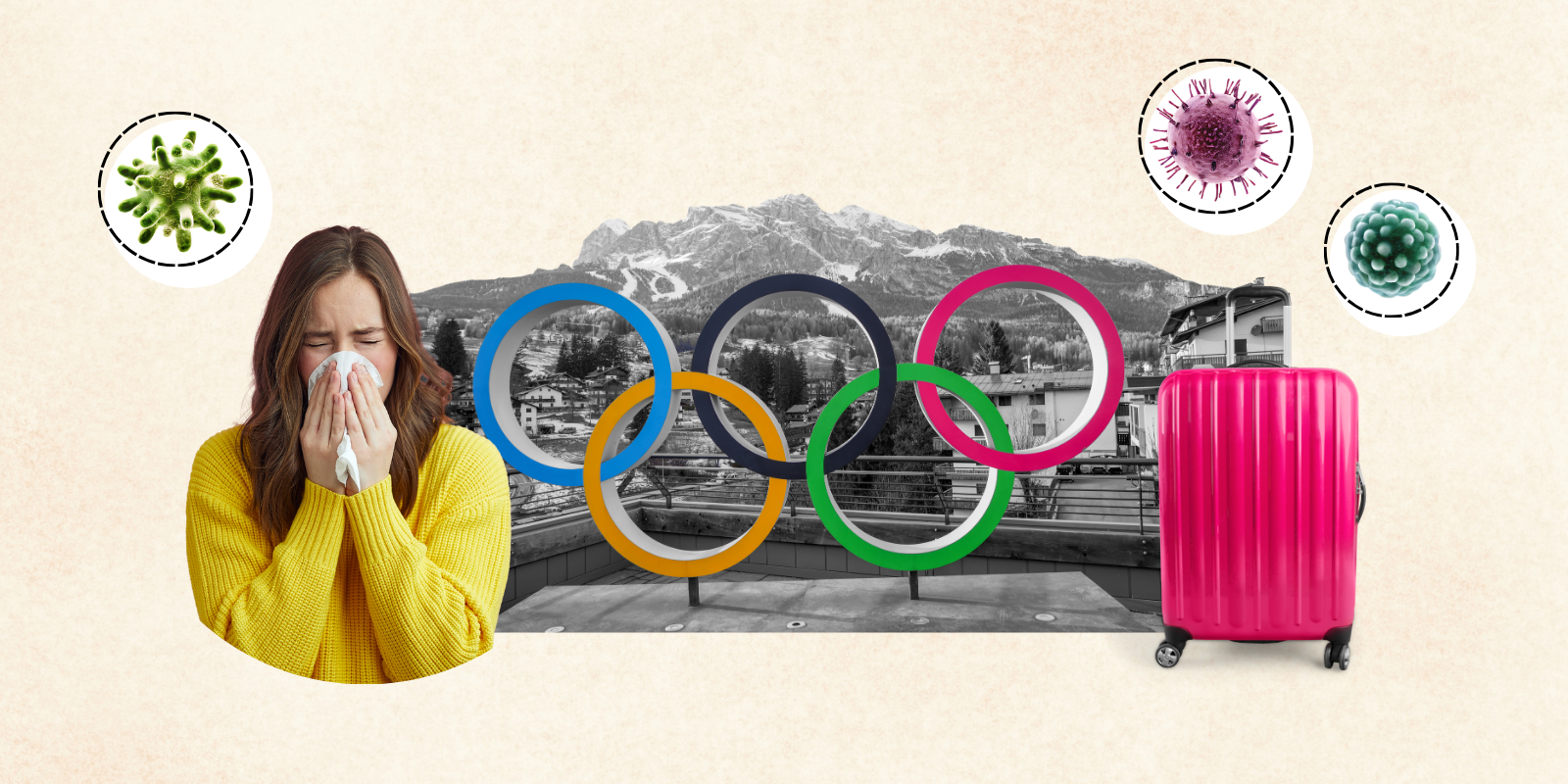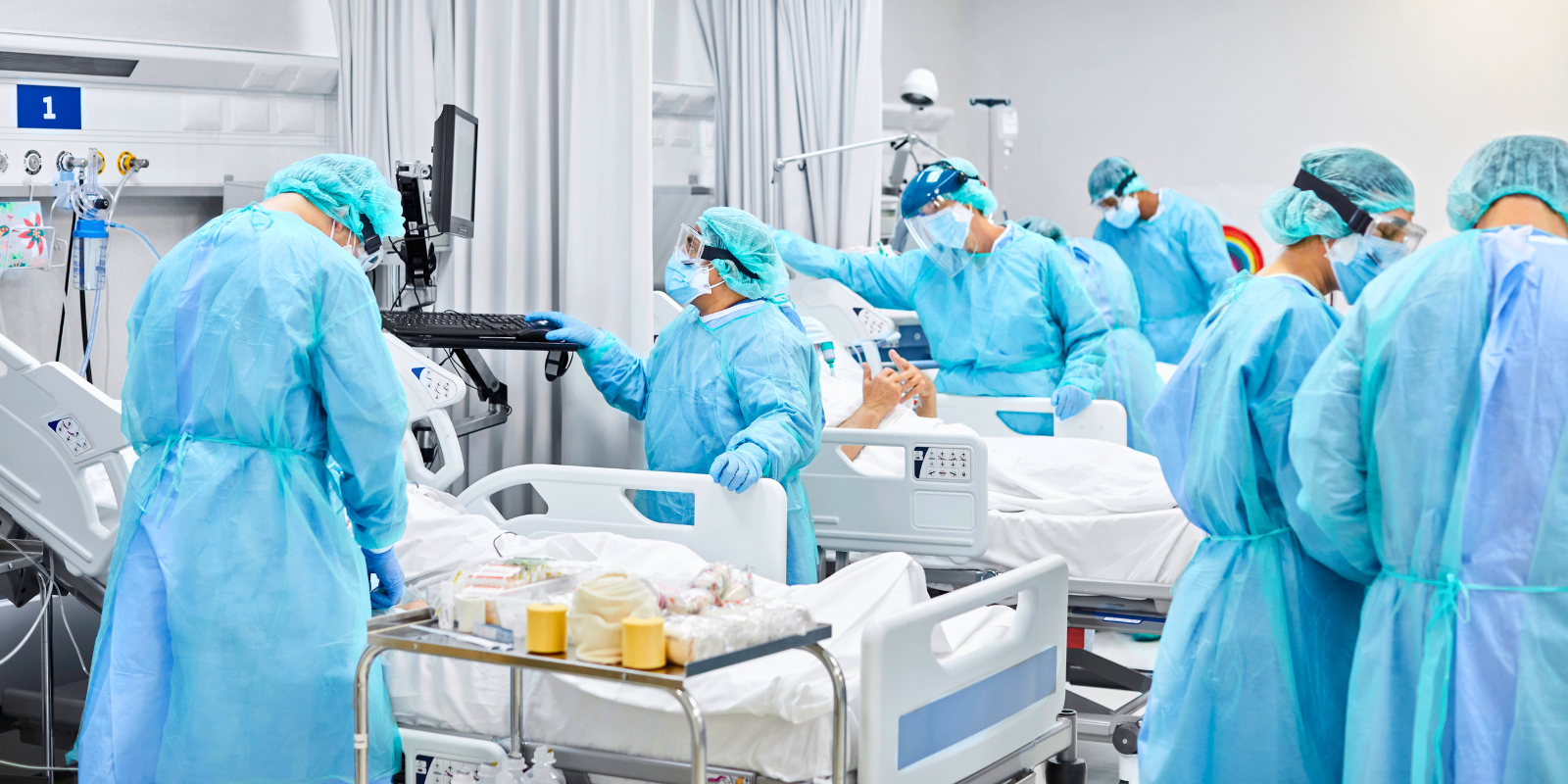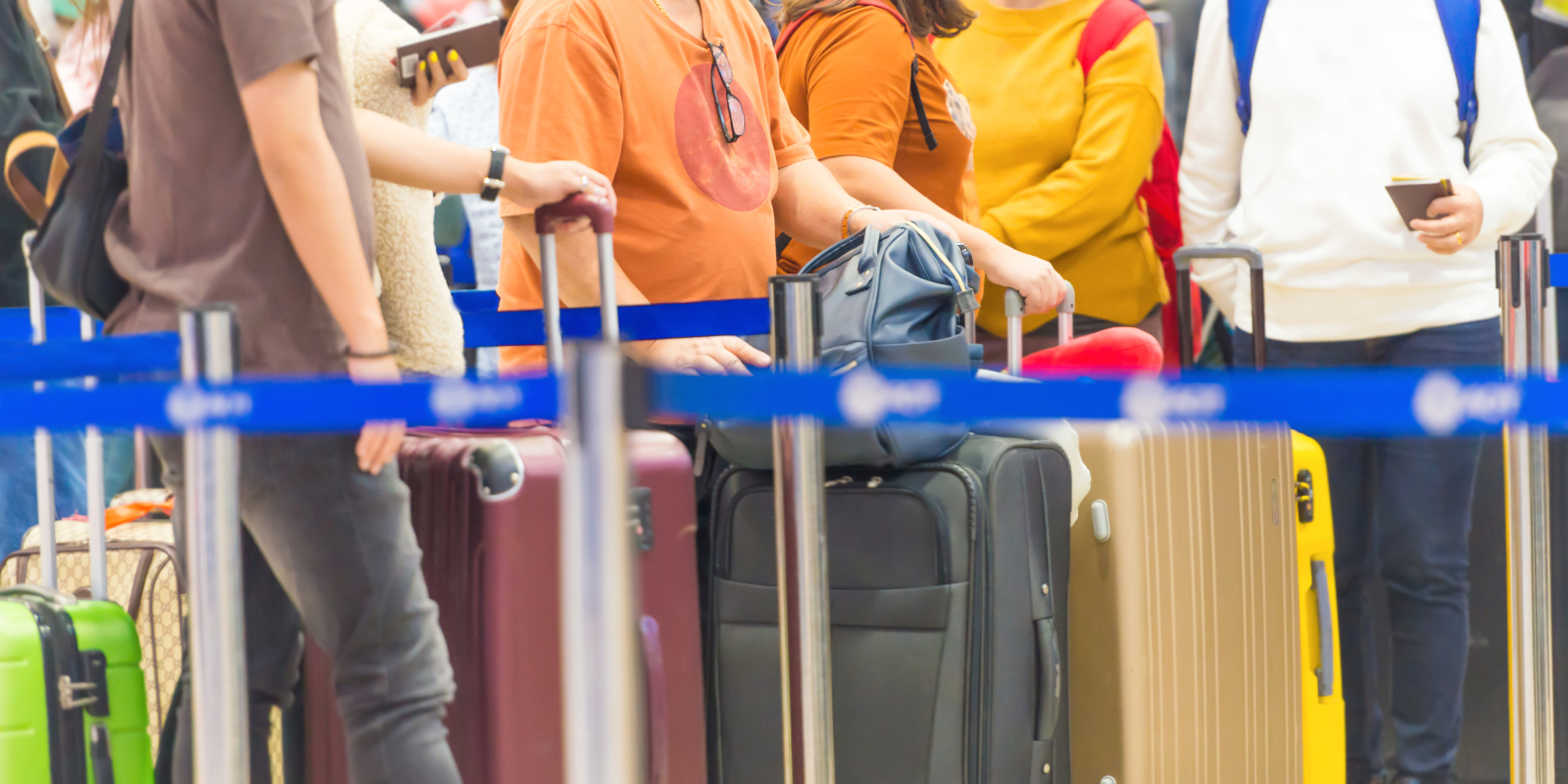With the worst of the COVID-19 pandemic seemingly in the rear-view mirror, most of us have thrown away our paper masks, or stuffed them in our back pocket. These days, it’s common to see only one or two people wearing a mask at the supermarket or riding the light rail.
But just as we’ve gotten used to going unmasked in public, storm clouds have been gathering to give us second thoughts. Hospitalizations for COVID, flu and respiratory syncytial virus (RSV) have been on the rise recently, and now comes word of a rapidly spreading COVID variant, JN.1. This is anticipated to increase following holiday gatherings and travel.
In a recent video posted on social media, Mandy Cohen, the new director of the Centers for Disease Control and Prevention (CDC), advised Americans to get vaccinated and “use additional layers of protection, like avoiding people who are sick, washing your hands, improving ventilation, and wearing a mask.”
So is it time to consider wearing a mask again? For guidance, we turned to Larissa Pisney, MD, an associate professor in the Division of Infectious Diseases at the University of Colorado Department of Medicine. Pisney also is medical director of infection prevention and control at UCHealth University of Colorado Hospital.





